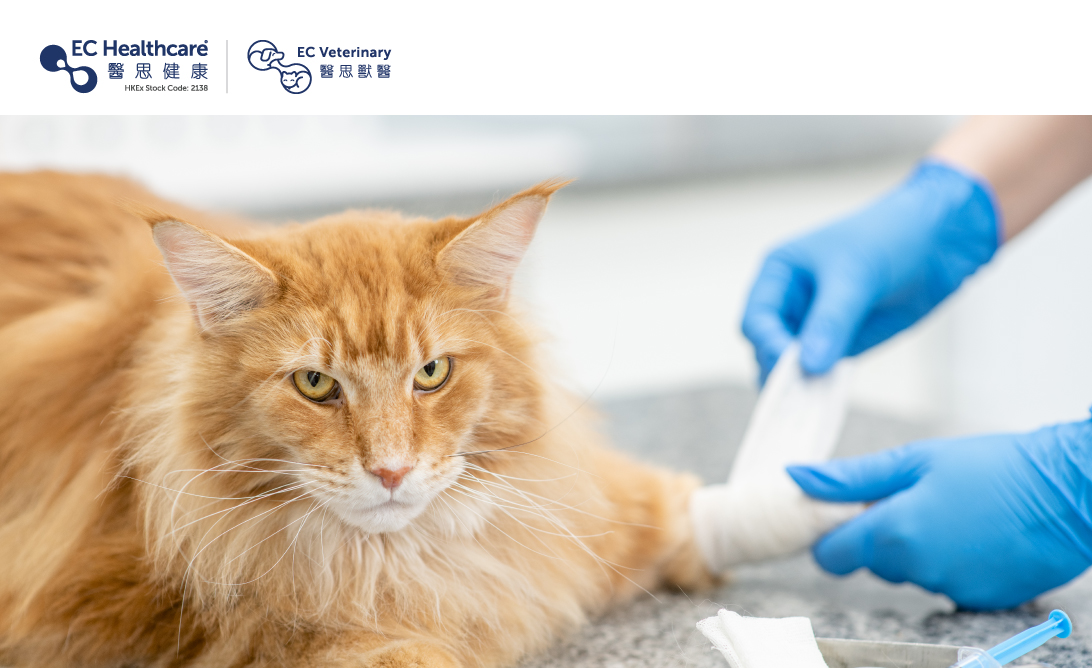Is Your Cat Suffering from Arthritis?


We all adore how our feline friends gracefully and nimbly jump to high places or squeeze through tight spaces. But did you know that they can also get arthritis? This chronic disease affects joint tissues including cartilage, joint capsules, and surrounding bones, which can cause stiffness or long-term pain in the joints, affecting a cat's mobility and quality of life.
Arthritis in cats can be caused by a variety of factors, from joint issues to everyday wear and tear. The hip, knees, and ankles are usually the most affected joints, and older cats are especially susceptible. Wondering how can you tell if your cat has arthritis, and what can you do to prevent or treat it? This blog has got you covered with tips and advice on the subject.
Arthritis is the inflammation in the joint and is commonly divided into primary and secondary arthritis. Primary arthritis doesn't have a clear cause and might be induced by mechanical injury of the joint or ageing, while secondary arthritis is caused by factors like injuries, infections, immune system issues, or genetics. Either way, arthritis can cause the gradual breaking down of joint cartilage and declined lubricating function of synovial fluid, which leads to more friction between bones, resulting in pain and swelling. Over time, it can even cause serious consequences like bone spurs, joint deformity, and muscle atrophy.
However, cats are used to hiding their pain and discomfort to protect themselves, so it can be difficult to spot signs of arthritis in them. They’re also experts in tolerating pain, so you need to keep an eye out for subtle changes in their behaviours to identify potential symptoms. While cats with arthritis may not always exhibit typical joint pain symptoms, some common signs indicate a risk of arthritis, such as:
-Moving slower or more stiffly when going up and down stairs
-Less energy and playfulness than usual
-Occasional limping, either slightly or more noticeable
-Difficulty using the litter box
-Becoming irritated when touched or played with
-Reluctance to jump and difficulty in jumping to their usual height
-Spending less time with their owners and more time alone
Arthritis can get worse over time and it may take a long time for clinical symptoms to show up. As a cat owner, you should stay alert for any symptoms in your cat and take them to the vet if you notice anything unusual. The vet will usually diagnose arthritis through a physical exam and an X-ray. They will assess the cat’s symptoms, like decreased activity level and stiff movements, and perform a physical exam to check for signs like stiff muscles, joint deformities, and swelling. If your cat isn’t willing to cooperate during an orthopaedic examination, it's important to tell the vet about any changes in your cat's behaviour you've noticed lately.
Arthritis in cats can't be cured, so the goal of prevention and treatment is to alleviate their pain, maintain joint function, and slow down the progression of the disease. These are some things you can do to help your cat feel better and improve their quality of life:
Weight management: Helping your cat maintain a healthy weight can reduce stress on their joints.
Prescription medication: Your vet may prescribe anti-inflammatory and pain-relieving drugs to ease your cat's pain.
Nutritional supplements: Omega-3 fatty acids, glucosamine, and chondroitin may help repair cartilage.
Home modifications: Add steps and provide lower litter boxes to make your cat's life easier.
Complementary therapies: Massages or hydrotherapy under the guidance of a vet may improve your cat's mobility.
Currently, there is no surefire way to prevent arthritis in cats. But you can help your furry friend by encouraging them to exercise, feeding them a healthy diet, and keeping tabs on their weight. It's also important to pay attention to any changes in their behaviour and take them to the vet for regular check-ups to spot any signs of arthritis early. If you're unsure about your cat's arthritis, talk to your vet for a personalized treatment plan to keep your cat happy and comfortable for years to come.
Related Brands









